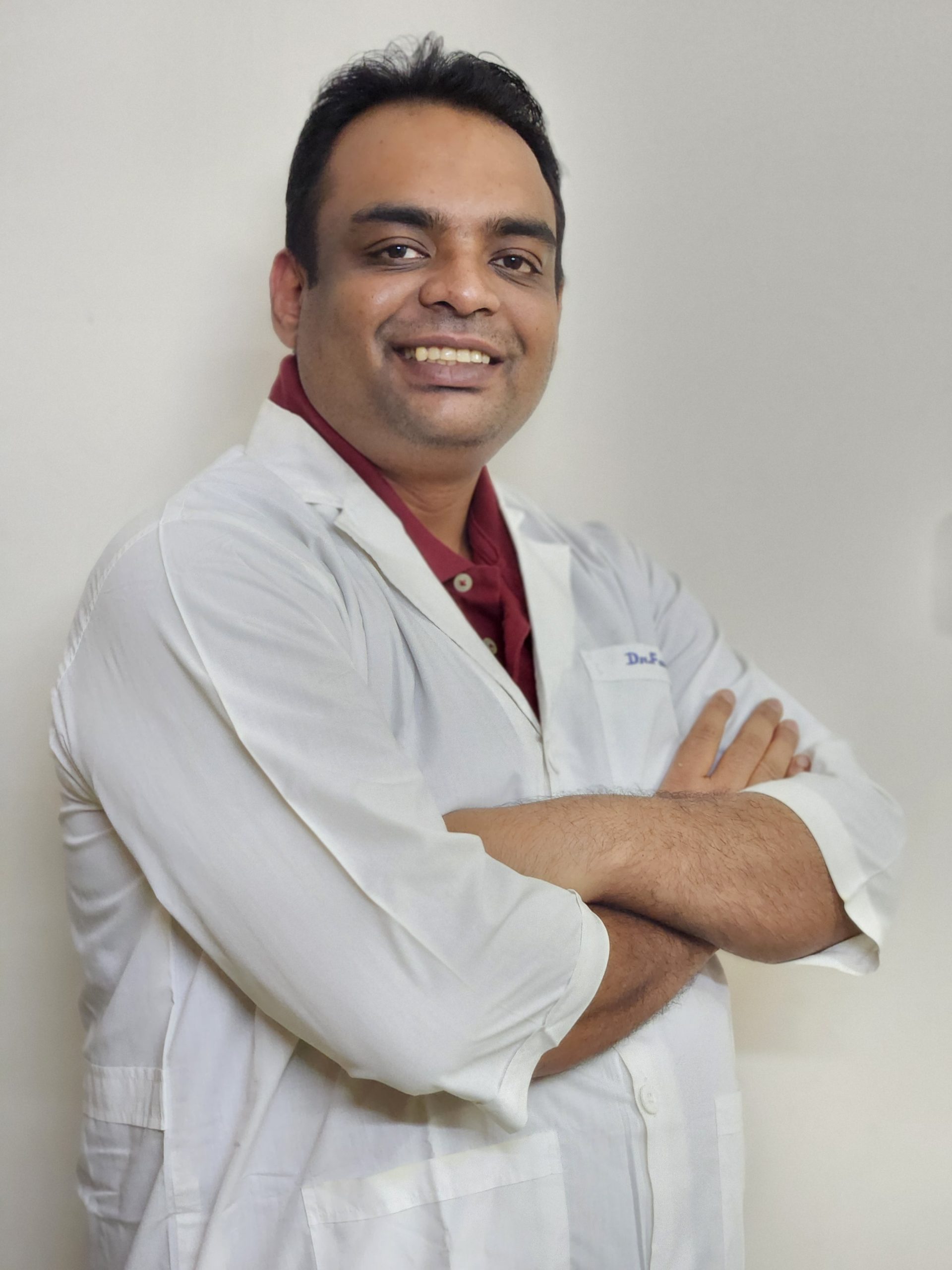
GI Surgery
Best GI (Gastrointestinal)Surgeon In DHAKA
Gastrointestinal (GI) surgery, a branch of surgery focused on the digestive system, plays a pivotal role in treating a wide range of conditions affecting the stomach, intestines, liver, and other associated organs. From addressing benign disorders to managing life-threatening diseases, GI surgery has evolved significantly, incorporating advanced techniques and technologies to enhance patient outcomes. In this comprehensive exploration, we delve into the realm of GI surgery, discussing key procedures, technological innovations, and the future landscape of gastrointestinal surgical interventions.
The Landscape of Gastrointestinal Surgery:
Common GI Conditions:
- Gastrointestinal surgery addresses a myriad of conditions, including appendicitis, gallbladder diseases, inflammatory bowel disease, colorectal cancer, and liver disorders.
- The scope of GI surgery extends to both elective procedures for chronic conditions and emergency surgeries for acute issues.
Multidisciplinary Approach:
- GI surgery often involves collaboration with gastroenterologists, oncologists, radiologists, and other specialists to ensure comprehensive patient care.
- Multidisciplinary tumor boards contribute to the development of tailored treatment plans for patients with gastrointestinal cancers.
Key Gastrointestinal Surgical Procedures:
Appendectomy:
- An appendectomy is the surgical removal of the appendix, typically performed in cases of appendicitis.
- Advances in minimally invasive techniques, such as laparoscopic appendectomy, have led to shorter recovery times and reduced postoperative complications.
Cholecystectomy:
- Cholecystectomy involves the removal of the gallbladder and is commonly performed to treat gallstones and related conditions.
- Laparoscopic cholecystectomy is the preferred approach, offering smaller incisions, faster recovery, and reduced pain compared to traditional open surgery.
Colectomy:
- Colectomy, the surgical removal of all or part of the colon, is performed for conditions like colorectal cancer, inflammatory bowel disease, and diverticulitis.
- Advances in minimally invasive techniques, including robotic-assisted surgery, have transformed the landscape of colectomy, minimizing scarring and improving recovery.
Liver Resection:
- Liver resection involves the removal of a portion of the liver, commonly performed for liver tumors and certain liver diseases.
- Innovations in surgical navigation and intraoperative imaging contribute to precision in liver resection procedures.
Esophagectomy:
- Esophagectomy is the surgical removal of part or all of the esophagus, often performed to treat esophageal cancer.
- Minimally invasive techniques, such as video-assisted thoracoscopic surgery (VATS), reduce the invasiveness of the procedure and enhance recovery.
Bariatric Surgery:
- Bariatric surgery includes procedures like gastric bypass and sleeve gastrectomy, designed to help individuals achieve weight loss.
- These procedures are often performed laparoscopically, contributing to reduced complications and faster recovery.
III. Technological Innovations in GI Surgery:
Robotic-Assisted Surgery:
- Robotic surgery has revolutionized GI procedures, providing surgeons with enhanced precision and dexterity.
- The da Vinci Surgical System, a widely used robotic platform, allows for minimally invasive surgery with improved visualization and instrument control.
Endoscopic Advances:
- Endoscopic procedures, such as endoscopic mucosal resection (EMR) and endoscopic submucosal dissection (ESD), offer a less invasive approach to treat early-stage gastrointestinal cancers.
- Endoscopic ultrasound (EUS) allows for detailed imaging of the GI tract and surrounding structures, aiding in diagnostic and therapeutic interventions.
3D Printing:
- 3D printing technology enables the creation of anatomically accurate models for preoperative planning and simulation.
- Surgeons can use these models to visualize complex anatomical structures and practice intricate procedures before entering the operating room.
Intraoperative Imaging:
- Fluorescence-guided surgery utilizes fluorescent dyes to enhance visualization of blood vessels and tumors during surgery.
- Real-time imaging technologies assist surgeons in making informed decisions and achieving optimal outcomes.
Challenges and Future Directions:
Complexity of Procedures:
- While technological advancements have improved outcomes, some GI surgeries remain complex, requiring specialized expertise and a multidisciplinary approach.
- Continued training and education are essential to ensure surgeons are proficient in the latest techniques.
Minimizing Invasiveness:
- Ongoing research focuses on further minimizing the invasiveness of GI surgeries, exploring novel techniques and technologies to reduce postoperative complications and enhance recovery.
Precision Medicine:
- Advances in genomics and molecular profiling contribute to the emergence of precision medicine in GI surgery.
- Tailored treatment plans based on individual patient characteristics aim to optimize therapeutic outcomes.
Telemedicine in Postoperative Care:
- The integration of telemedicine allows for remote monitoring and follow-up care, enhancing accessibility and convenience for postoperative patients.
Conclusion:
Gastrointestinal surgery has evolved into a dynamic and innovative field, driven by advancements in surgical techniques and technology. From the treatment of common conditions to the management of complex diseases, GI surgery continues to play a crucial role in improving patient outcomes and quality of life. As technology and research progress, the future of gastrointestinal surgery holds the promise of further refinement in procedures, personalized treatment approaches, and a continued commitment to enhancing patient care across the spectrum of gastrointestinal disorders.
